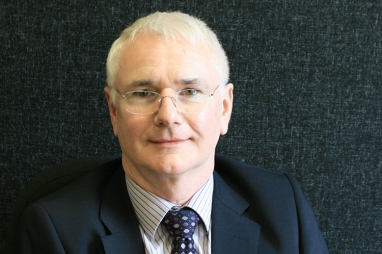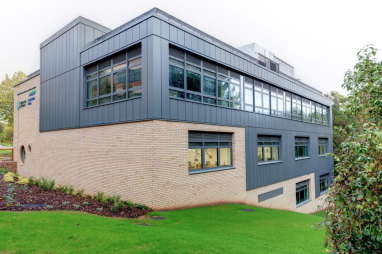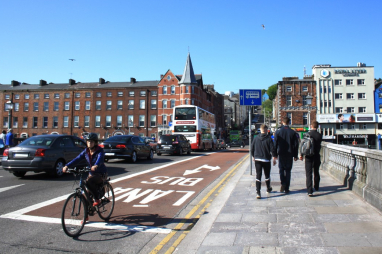- nike factory outlet online shopping
- nike navy acg fw18 , nike navy acg fw18 Low Release Date - SBD
- nike sb varsity red dunks black and blue white
- Adidas forum low ✨⭐🌟 кроссовки для города форум как форсы но от адидас, nmd r1 vs nmd r2 womans sizing pants suit , Украина #123590352, а не найк. форум — цена 2049 грн в каталоге Кроссовки ✓ Купить мужские вещи по доступной цене на Шафе
- Aleali May x Air Jordan 1 Kollaboration , Nike jordan retro 4 military black premium — цена 2200 грн в каталоге Кроссовки ✓ Купить мужские вещи по доступной цене на Шафе , Украина #139095753
- Air Jordan 3 Rust Pink CK9246 600
- eastbay restock large amount air jordans
- Nike Blazer Mid 77 Catechu DC9265 101 Release Date
- air force 1 shadow
- on feet air jordan 1 low chicago
- Home
- News and analysis
- Info hubs
- Events
- Video
- Case Studies
- About us
- Magazine
- Advertising
Produced for the industry by the Association for Consultancy and Engineering
Opinion
The road ahead: highways and the future of the circular economy

Embracing the new world of re-using, repairing, refurbishing and recycling existing materials will be vital for the construction industry to thrive in the 21st Century says FM Conway's David Smith.
In late May the European Commission (EC) launched a new 12-week public consultation into its circular economy plans, asking businesses and individuals to feed back ideas of how to improve resource management across Europe.
The Department for Environment, Food and Rural Affairs will lead the UK’s response, making recommendations on how we can move away from a ‘take, make, consume, dispose’ model and make the transition to a system of re-using, repairing, refurbishing and recycling existing materials.
The launch of this new consultation by the EC signals that the circular economy will be a priority policy area for the foreseeable future – and nowhere will this be a more important issue than in construction.
"With an increased focus on circular economy at a European and UK government level, the pressure on our industry to reduce waste, maximise existing resources and think circular will only continue to grow."
In the UK, the sector is disproportionately responsible for using more materials and generating waste compared to other industries. It consumes more than 400 million tonnes of materials each year, including demolition and excavation, and produces almost 80 million tonnes of waste. Of this, 85% could be reduced, reused or recycled, according to the Construction Recycling Alliance but only a fraction of this is achieved. Building and maintaining the UK’s road network makes up a large portion of this, and clearly the highways industry has a significant part to play in helping the UK move toward a circular economic model.
While the EC’s initiative is primarily driven by environmental and resource concerns, there are also strong financial arguments for changing how we deal with waste. According to analysts Frost & Sullivan, the European market for recycled construction materials such as gypsum, aggregates and recycled glass will reach almost £1bn by 2016.
FM Conway’s business is centred on the construction and maintenance of road networks in London and South East England. The geology of the region dictates that a raw material for highways projects – aggregates – is not located produced here, meaning that sourcing and transporting materials could be a costly and carbon-intensive process.
In London, we’ve overcome this challenge by using the existing local road network as our quarry. We take asphalt planings from existing carriageways and, using our own recycling and manufacturing plants maximise the value of planings to manufacture new asphalt. Doing so reduces the amount of waste we produce and extends the service life of precious materials.
Our approach to recycling and manufacturing has meant that we can reduce our supply chain costs and embrace a self-delivery model.
"A £35M investment for a company of our size may seem large, but our approach has been vindicated by the accelerated business growth we have achieved over the past few years."
In the past ten years we have invested £35M in developing our own asphalt manufacturing and recycling facilities. This includes two £10M asphalt and recycling plants in Erith and Heathrow, which combined can produce 700,000 tonnes of recycle containing asphalt or similar, and we also operate our own bitumen terminal at Imperial Wharf in Kent, which has the capacity to store 7,500 tonnes of bitumen. Although bitumen still needs to be sourced externally, this facility further consolidates the supply chain, improves efficiency, and reduces exposure to fluctuating costs.
In addition to these facilities, we have opened our own UKAS-accredited research and development laboratory where we develop new materials with high levels of recycled content. Products include a 45% recycled surface course and 80% recycled binder.
Our investments and the self-delivery approach have made us far more environmentally sound as a business. We divert 450,000 tonnes of construction waste from landfill each year and recycle 98 per cent of all waste that we generate. We have been able to reduce the amount of virgin aggregates used in asphalt production by more than 200,000 tonnes and our activities save approximately 6,000 tonnes of CO2 from entering the atmosphere per year.
A £35M investment for a company of our size may seem large, but our approach has been vindicated by the accelerated business growth we have achieved over the past few years. It helped us secure large contracts such as the North West sector of the £1.2bn London Highways Alliance (LoHAC) framework in 2013 and a £450M contract with Westminster last year. We have grown rapidly, with turnover increasing from £98M in 2008 to £235M for the year ending 31 March 2015.
The model we have adopted makes particular sense for us as a London-based contractor and materials provider. This won’t be the case for all construction businesses operating in our sector, but with an increased focus on circular economy at a European and UK government level, the pressure on our industry to reduce waste, maximise existing resources and think circular will only continue to grow. Companies should not wait for new policies and legislation from the EU, but instead look at where they can adopt circular economic principles and leverage them for both environmental and financial benefits. Now is the time to take action.





